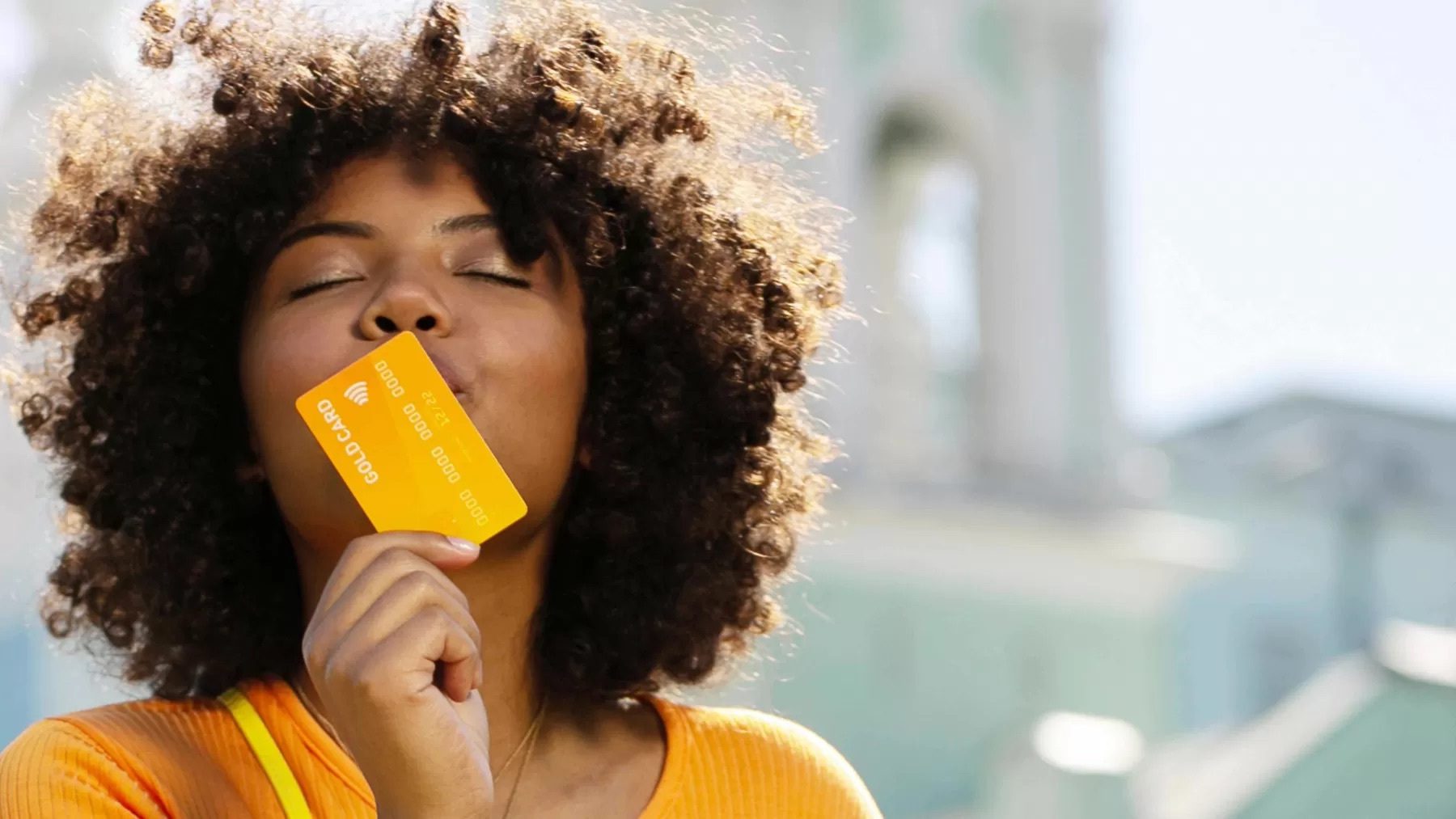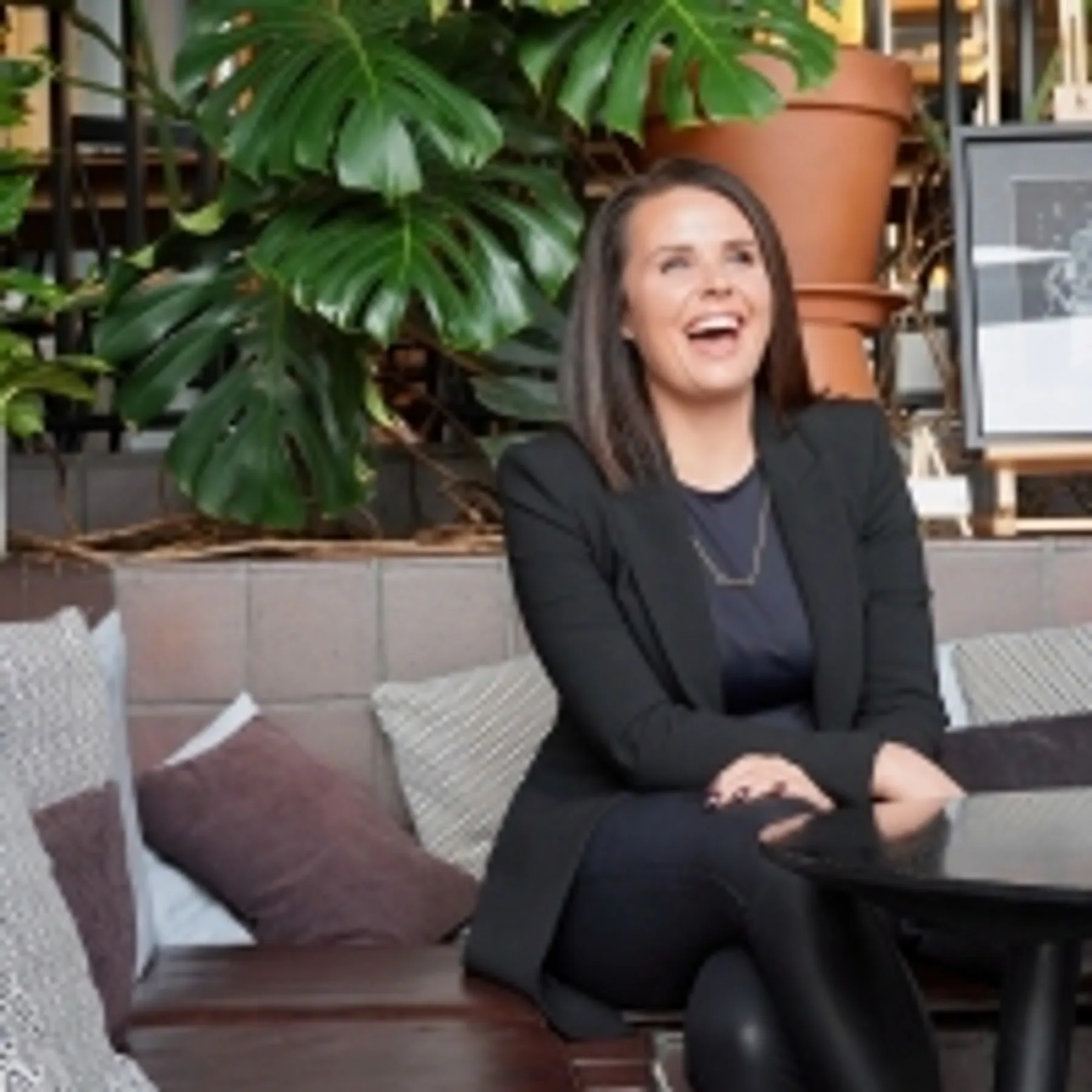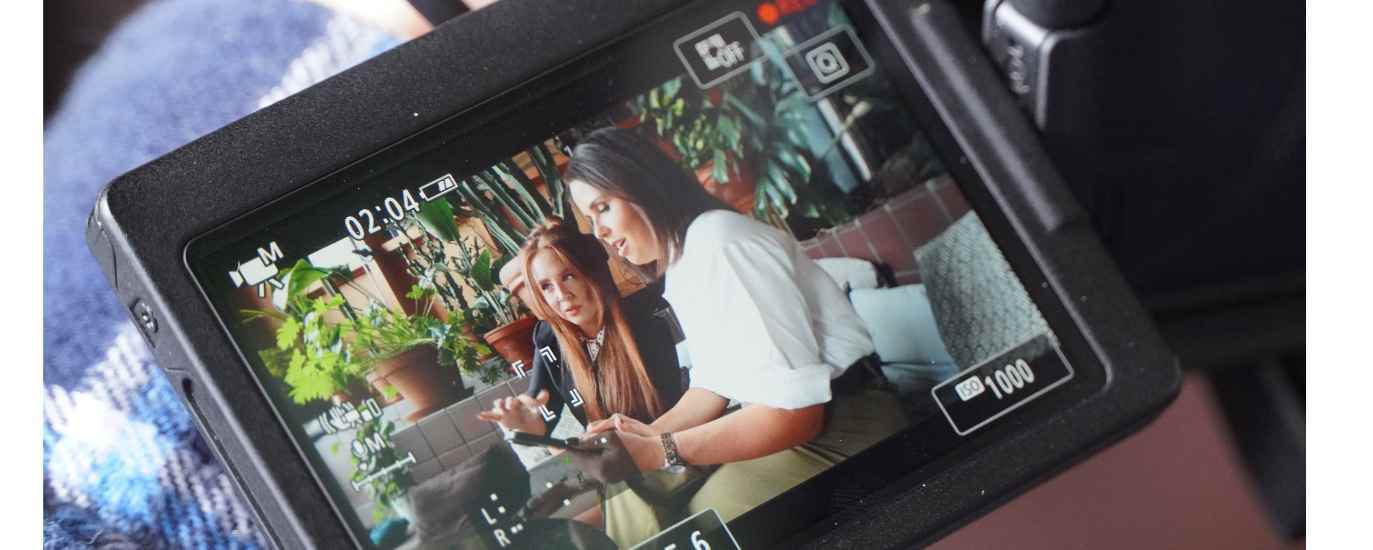Marketing Strategy
Branding
Activations
Social Media
Get to know us
Deliveroo and Klarna: A commercial example of ‘Don’t hate the player, hate the game’.


Jordan Stachini
Contents
Questionable brand ethics or a move to help consumers during a difficult time?
This week, online food delivery giant Deliveroo, announced a partnership with 'buy now, pay later', platform - Klarna, for food orders over £30... and the country went ape shit.
People were quick to condemn the tech platforms for their poor brand ethics - accusing them of taking advantage of consumers who could now effectively buy a takeaway with debt.
But after a long-ass debate, is this move really two huge brands preying on unsuspecting customers who could potentially effect their credit score if they don't pay for their chicken tikka masala within 30 days? Or, during the worst cost of living crisis for decades, it is a way for consumers to buy basic essentials, feed their families and spread the cost to make ends meet?
In this article, our founder Jordan gives her take on the 'Klarna-drama'...
Buying on credit is nothing new, so why is this such a big deal?
Every brand has a responsibility to the consumer. Fact.
So, with that in mind - is it responsible to give someone the option to 'buy' something that they don't technically have the money for? If the answer is a black and white 'no', then most of us wouldn't have the everyday things in our life that we buy on 'credit' without even blinking an eyelid.
Mobile phones, sofas, cars, new bathrooms, furniture... the houses we live in. The majority of people buy all of these things on some form of credit, and every single one of these things is more expensive than the average Saturday night takeaway order.
So what has got people's backs up so badly about extending a line of credit to people who are buying food? Well, having had a mum who worked in banking for most of her career - I think the answer lies in the education around 'credit'.
'Credit is not free money.'
If I had a pound for every time my younger self heard this from my mum when I was moving out and getting my first place - I wouldn't ever have to get any form of credit. Wise words from Sue - and I still hear her in the back of my head when I am looking at making a big purchase. But... what about people who didn't grow up in a house with someone who worked in finance?
In my opinion credit is too easy to get - and too hard to control. This is where it is going to get political, so hold on - we don't teach proper money management in our schools. We don't teach young people about saving money, we don't teach them about tax, we don't teach them about mortgages, we don't teach them about what life costs and how you pay for it all. So they get their education (in the most part) from the very companies providing credit - hardly a balanced view, right?
Apply this lack of education around credit - and more importantly the consequences of not paying it back - and it is easy to see how a £30 cheeky Nando's order can escalate into racking up interest and costing more in the long run.
Money is tight, credit helps make ends meet.
It is no secret that we are currently going through the worst cost of living crisis in decades, and people - not even those on massively low incomes either - are going to have to cut back drastically in order to be able to afford the basics - including food.
This is about more than a cheeky Nando's.
It is easy (as I have done in this blog) be flippant about ordering a £30 curry on Deliveroo and paying for it 30 days later. But let's also remember that Deliveroo isn't just about takeaway. Big supermarkets are also on the platform, making it easier for consumers to shop with them online (in-fact, the Deliveroo platform is normally much easier to use that the supermarkets own online platform).
So, when you stop thinking about the £30 curry over 30 days, and think about the weekly or fortnightly food shop - does that change things? Does that make this move by Deliveroo and Klarna a force for good?
I think it is safe to say - no one wants to be in debt. But what if the choice is putting food on the table for a week, and using a line of credit, or not eating until you get paid? If you have a credit card, then no doubt you have used it at some point at the checkout doing your food shop, or filling up the car. And, I can guarantee that the APR on that bad boy is going to be a hell of a lot more than the potential interest Klarna will charge you. (If you have just had to Google 'what does APR mean', then my point around education has just been validated).
And what about people who can't get other lines of credit? Like a credit card? Klarna has come under fire for being unregulated debt - but it could be the only means someone has to buy food for that week.
Conculsion?
I just want to make one thing crystal clear - I do not think that the guys running Deliveroo and Klarna sat down one day and came up with a way of preying on consumers in an effort to get them into debt by buying fried chicken and curry on credit.
BUT, I do think there is a danger that people - especially those without proper money management skills - will get caught up in £30 here, and £40 there - and end up with a nasty shock 30 days later when the time comes to pay up.
For me - it's about education. No one knows, what they don't know. I was almost brought up to fear credit - which I don't think is right either - building up a good relationship with credit is really important for your financial footprint. But you have to learn and understand what credit it, what is costs and how to manage it.
I think the blog title says it best, don't hate the player(s) - Deliveroo and Klarna, hate the game - a flawed education system, and an economy that is pushing people into paying for everyday essentials with money they don't have. It is easy to throw shade at both companies - but you have to see past the Saturday night takeaway - for some consumers - this could, quite literally, be a lifeline.

Speak to Jordan today
Grab a brew. Have a read
You might also like...






